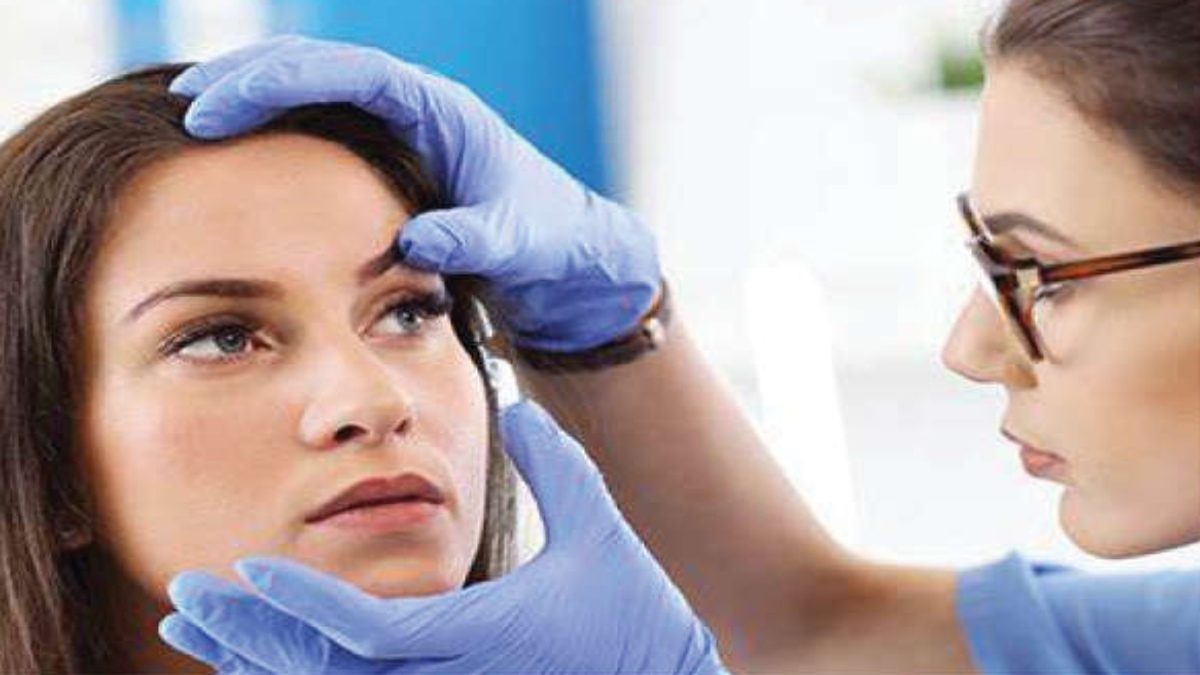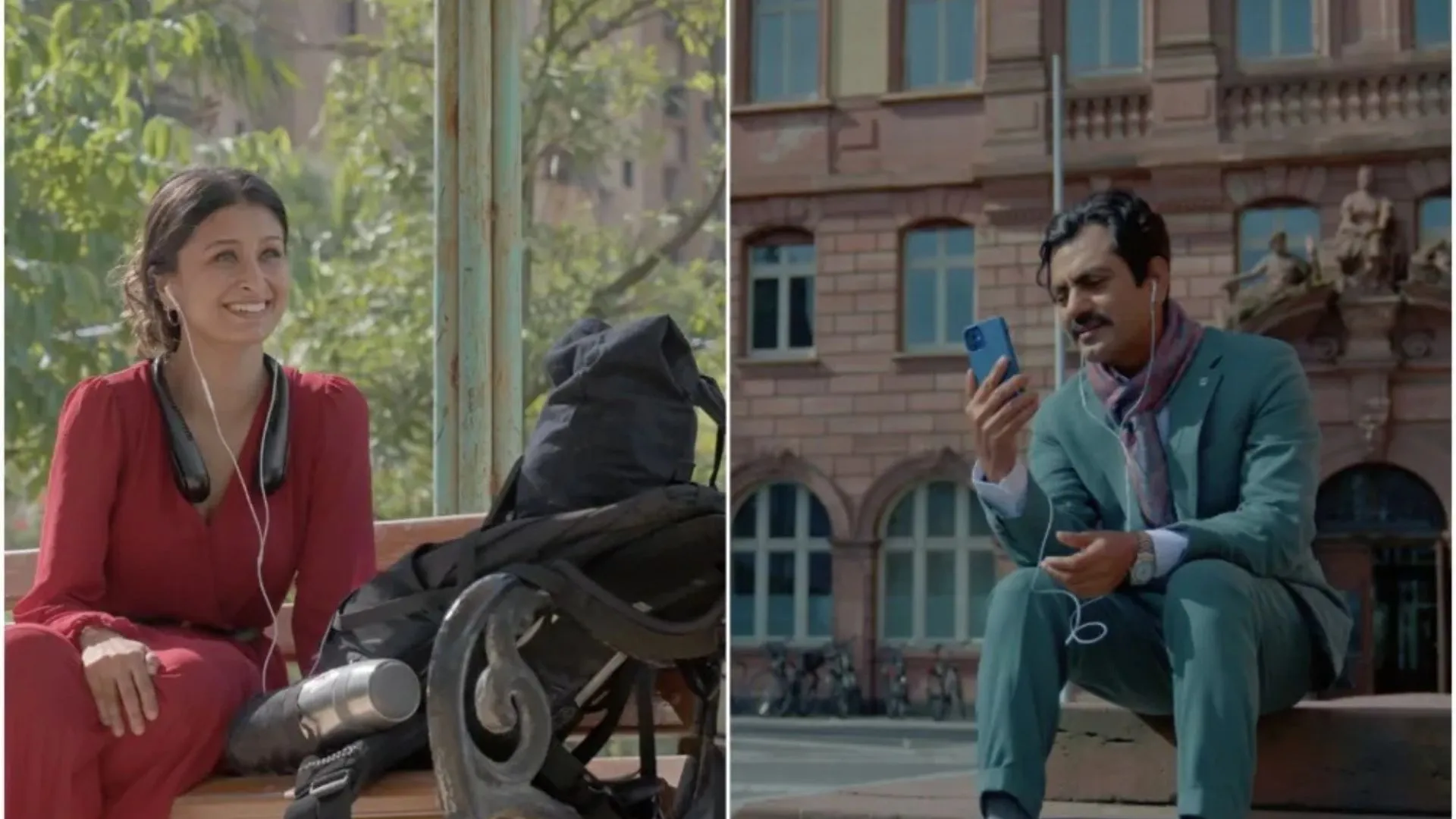Monsoon is cherished by people as it brings that much-needed relief from the scorching heat. But, with the monsoon season, not just rain, even notorious eye infections such as conjunctivitis, dry eyes, and stye will be at one’s doorsteps. Here, personal hygiene can play a vital role in managing eye infections. Don’t forget to follow these essential tips to take care of your peepers.
The eyes are one of the vital and sensitive organs of the body that are prone to infections in the rainy season. Enjoying the monsoon and getting drenched is blissful, right? However, the monsoon season brings along a plethora of infections and diseases as the air becomes a commuting medium for bacterias and viruses. Along with waterborne diseases and allergies, even eye infections can steal your peace of mind. Neglecting eye hygiene can turn into a nightmare for you.
Beware of these common eye infections during monsoon
You will be shocked to know that conjunctivitis (pink eye) is an inflammation or swelling of the conjunctiva (the transparent membrane covering the outer surface of the eye and the inside of the eyelids) commonly seen during monsoon. It is an infectious disease and spreads from one person to person due to increased moisture in the air. The symptoms of conjunctivitis are redness of the eye, swelling, discharge, eye itching, and pain. The moisture content in the air during monsoons creates a favourable condition for the viruses to grow and multiply, and one may get a corneal ulcer that is the wound on the surface of the cornea. The symptoms are red eyes with eye discharge, and blurry vision. When the eyes are not able to provide adequate moisture owing to insufficient tears then the eyes can become dry. It happens because of the dust and pollutants during the monsoon. A stye is a bacterial infection seen in monsoon and can be worrisome. Don’t delay in seeking the treatment once you notice these eye problems.
Make sure that you prioritise your eye health and follow these vital tips during monsoon:
• Wash your hands and avoid hand-to-eye contact to keep eye infections at bay. Do not rub your eyes with your fingers as they contain germs and can lead to an infection.
• One should avoid using common towels, napkins, or handkerchiefs to clean their eyes as could lead to conjunctivitis.
• One using the lenses should clean them frequently, wipe the spectacles with a clean cloth and use eye drops on the recommendation of doctors.
• Avoid rubbing the eyes, regularly wash your eyes with the help of cold water to protect them from dust particles.
• Avoid eye make-up if you are having eye pain or an allergy.
• If you notice unusual symptoms such as blurriness, itchiness, and eye pain, avoid using over-the-counter medication and consult the doctor.
• Blinking often will help you keep the eyes feeling fresh, clean, and hydrated and tackle dry eyes problem. Drink plenty of water, and follow the 20-20-20 formula that is after every 20 minutes, take a 20-second break to focus the eyes on something 20 feet away to relax your eyes.
• Debris in the eye can irritate the eye and invite infections, use glasses when exposed to wind or dust.
• Wearing contact lenses without cleaning causes major eye infections during the monsoons. Clean them properly before wearing and carry an extra pair when you are out. Do not share your lenses with anyone.
• Avoid using a swimming pool during monsoon as doing so will raise your risk of bacterial eye infections or use an eye mask while swimming.
The writer is MS Ophthalmology, Apollo Spectra Karol Bagh, Delhi.























